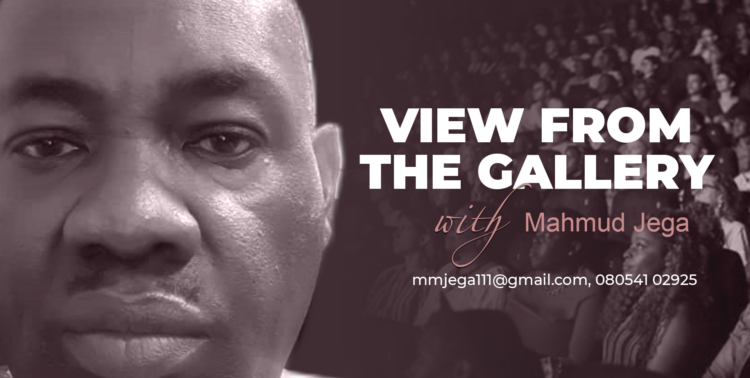The Independent National Electoral Commission [INEC] said last week that “in line with its tradition of adequately preparing for eventualities,” it has printed enough ballot papers in case there will be a run-off presidential election next year. That is, if no candidate satisfies the criteria of winning the highest number of votes as well as getting a quarter of the votes in at least 24 states.
Spokesperson of Atiku/Okowa Campaign Organisation, Kola Ologbondiyan, immediately advised INEC not to worry itself with preparing for a run-off election because his party’s ticket will win outright in the first ballot. He said, “Our campaign is confident that by every indices and data available, our candidate, Atiku Abubakar, will win the presidential election of February 25, 2023 at the first run.” He advised INEC “not to listen to diversionary narratives by apologists of the deflated APC who are ostensibly seeking ways to derail the election.”
I agree with Ologbondiyan that a run off presidential election is very unlikely. We have had six presidential elections so far in this Republic and none resulted in a run-off, though we had some re-run governorship elections in several states due to polling unit cancellations. The nearest we ever came to a run-off presidential poll in Nigeria was in 1979, when there was a dispute as to whether NPN candidate Alhaji Shehu Shagari, who got the highest votes, had satisfied the spread requirement because he got a quarter of the votes in 12 states out of 19. It led to the famous two thirds of 19 litigation, where the Supreme Court agreed with NPN Legal Adviser Chief Richard Akinjide that two thirds of 19 was not 13 but 12 2/3 and that Shagari satisfied the law because he got 2/3rds of one quarter of the 13th state in Kano.
This time around we have 36 states, so two thirds of them, neatly, is 24. I do not know who will get the highest votes, but APC is certain to obtain a quarter of the votes in 17 or 18, possibly all 19 Northern states; all six South Western states; quite likely in Edo and Delta states; and possibly in at least one or two of Ebonyi, Imo and Cross River states that it “controls.”
PDP is likely to get a quarter of the votes in most Northern states, the danger zones for it being Borno and Yobe; most likely in all six South South states; possibly in two or three South Western states and, if Labour Party’s sweep is not total, in several South Eastern states as well. The most important thing therefore is to get the highest votes. Ologbondiyan is therefore right. INEC should perish the thought of a run-off poll. The contentious part is whether Ologbondiyan’s party will win.









